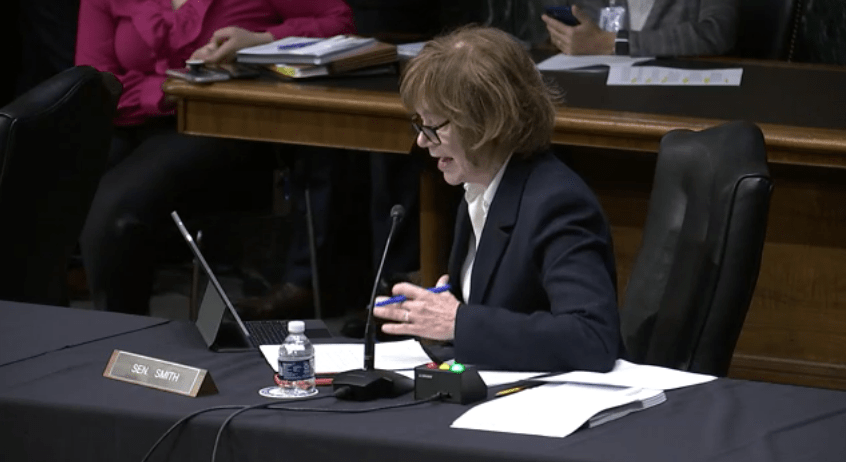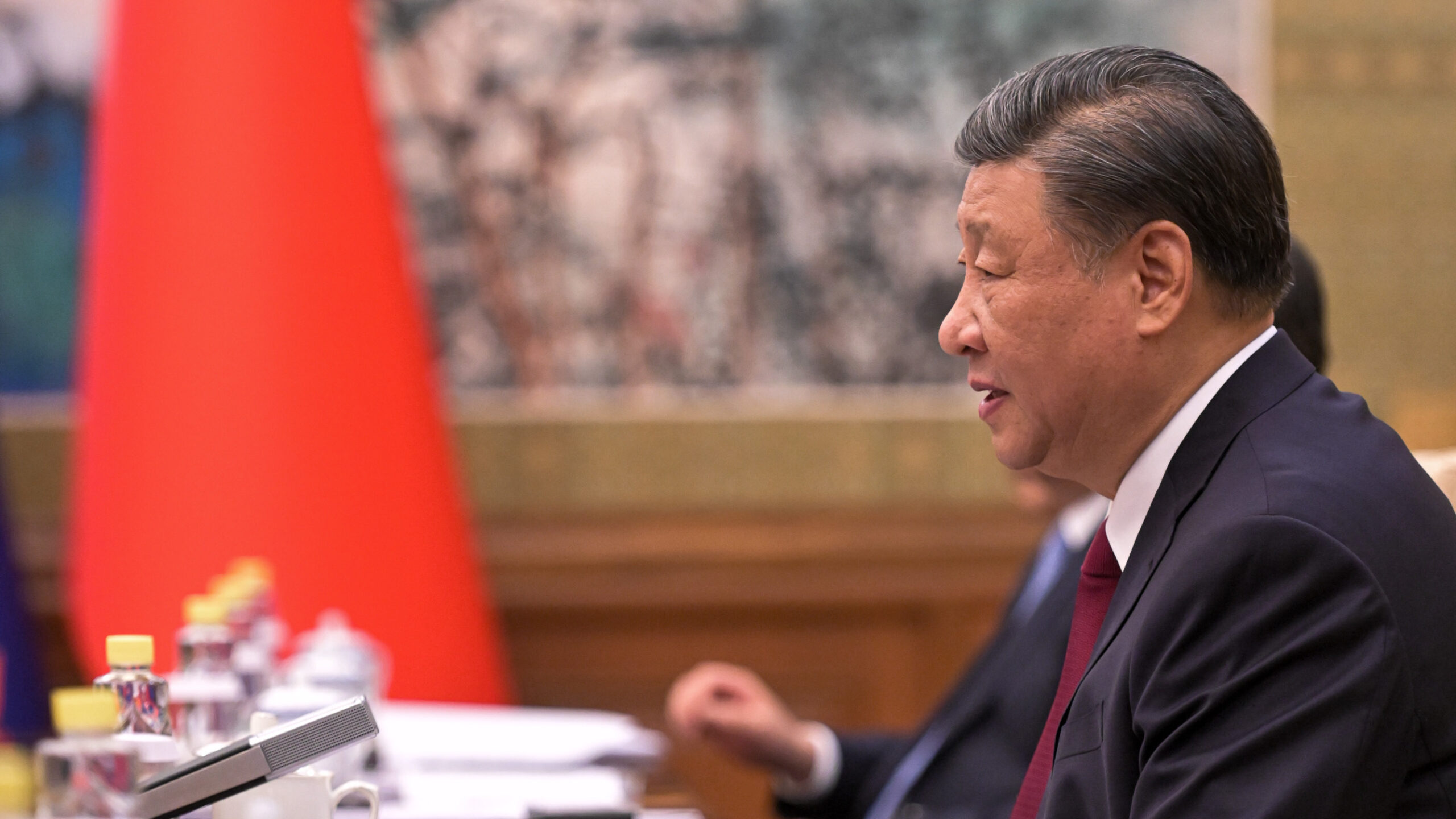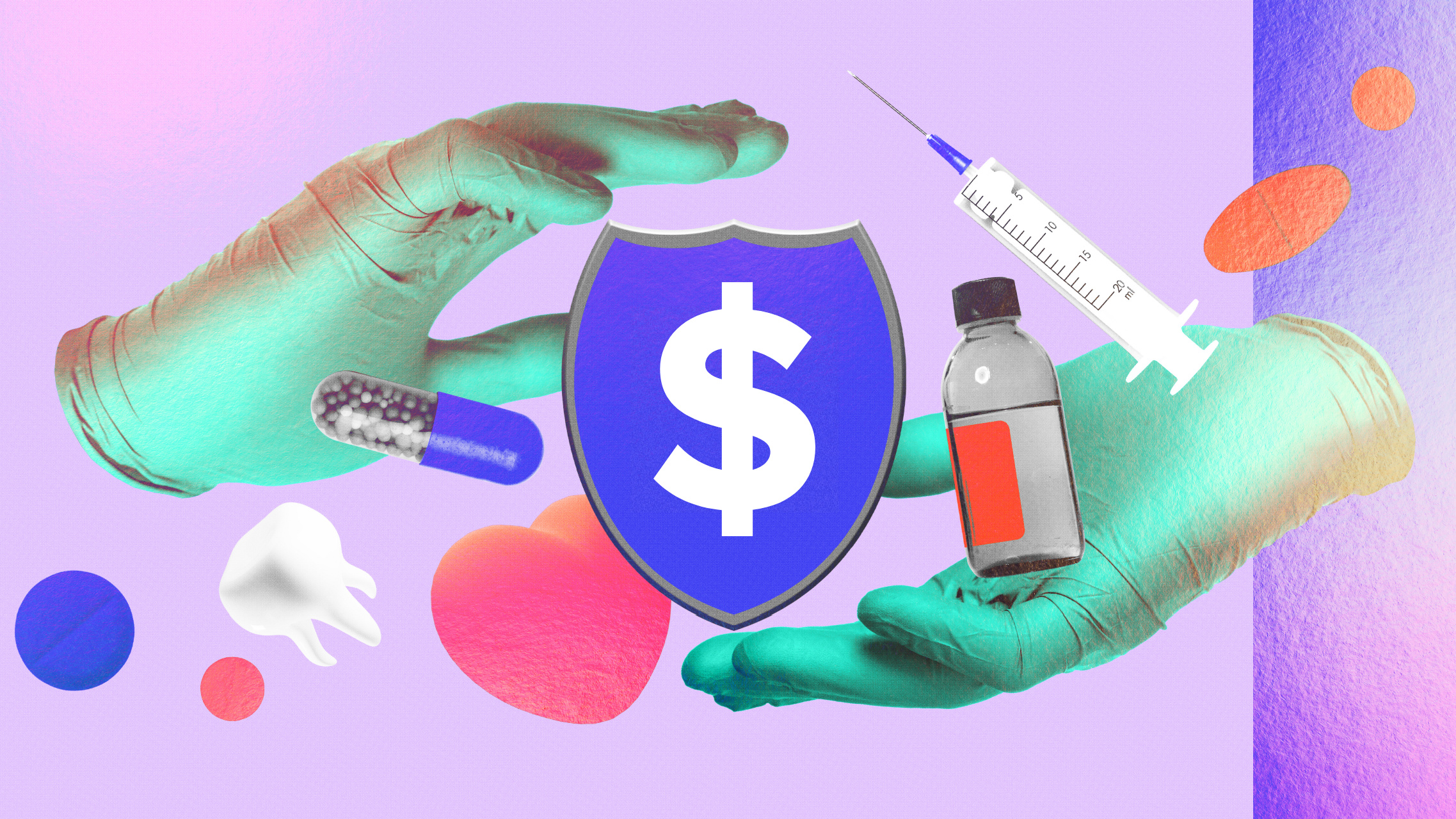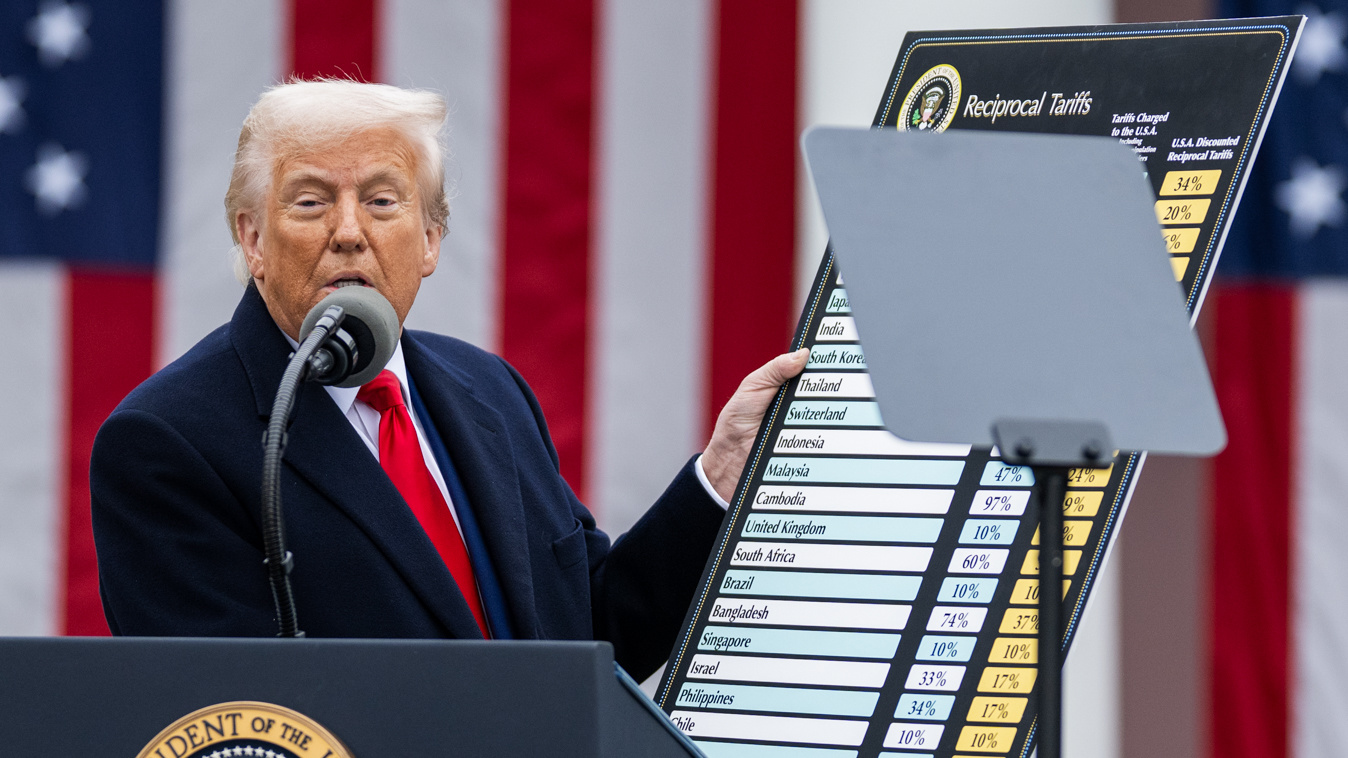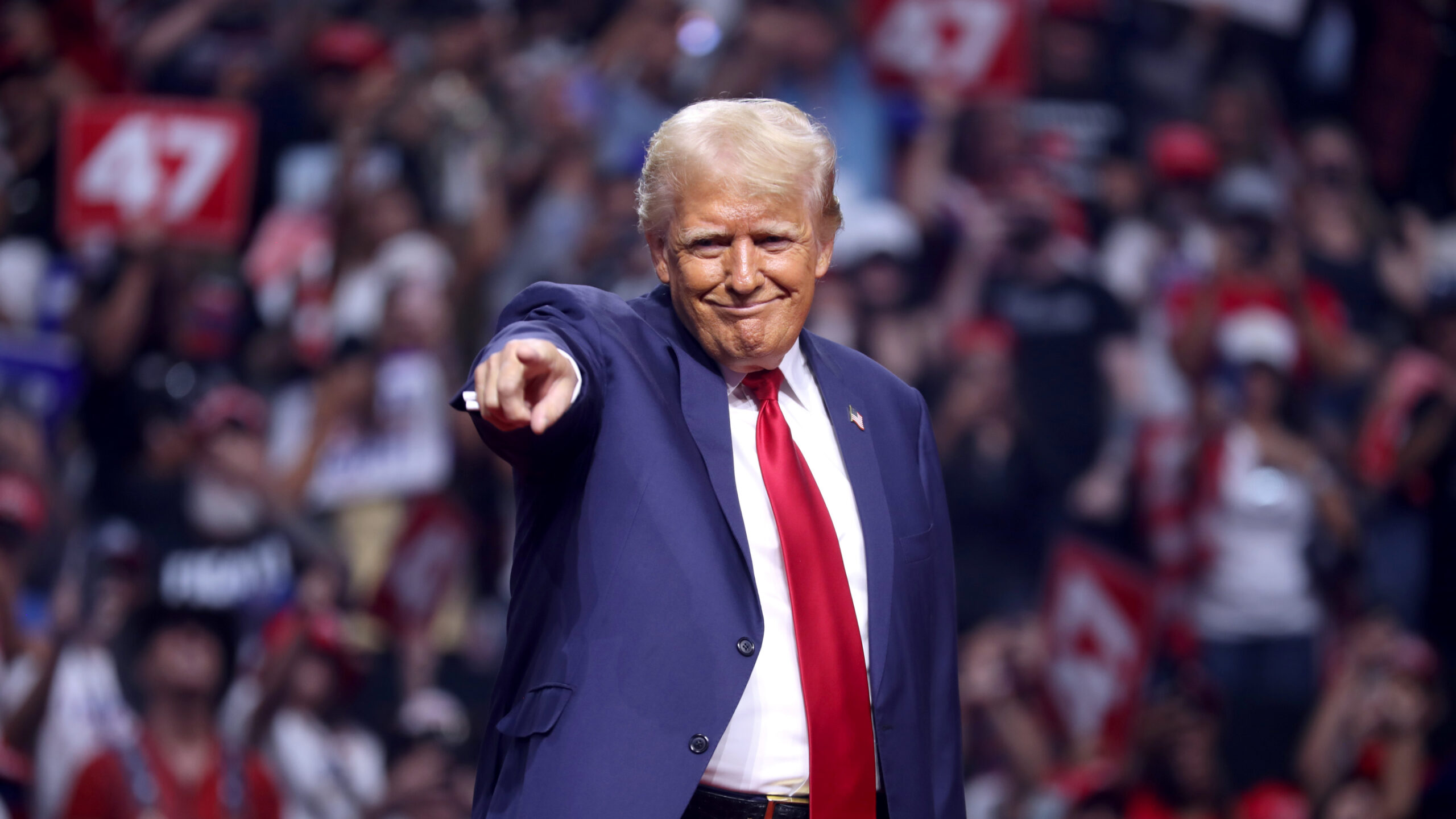Two bipartisan bills that set the table for the reshoring of generic pharmaceuticals passed unanimously in a Senate Committee meeting on Tuesday, meaning they have found their way into the larger S. 3799 PREVENT Pandemics Act.
Sen. Tina Smith’s (D-MN) Onshoring Essential Antibiotics Act and Sen. Jacky Rosen’s (D-NV) Strategic Planning for Emergency Medical Manufacturing Act will be part of Senate bill 3799. No date has been set for a floor vote on this bill.
The Smith amendment provides for $500 million in grants to go towards domestic manufacturers. It also commissions a study to determine which essential antibiotics are most vulnerable to foreign supply chain disruptions and provides funding for the Health and Human Services Secretary to stockpile domestically produced essential antibiotics.
“We ought to be able to produce essential antibiotics that Americans need here on U.S. soil. This is an issue of public health and national security,” said Smith. “By strengthening our country’s capacity to manufacture and store critical drugs, we’ll have more certainty and resources to promote public health during the pandemic and beyond.”
Both amendments were co-sponsored by Sen. Bill Cassidy (R-LA) and passed easily as part of Tuesday’s mark-up of the PREVENTS Act in the Senate Committee on Health Education Labor and Pensions.
CPA has advocated for moving the production of essential medication to the United States for several years. During the Trump administration, the Food and Drug Administration created a list of essential medicines, per Executive Order, in order to gauge which drugs were lacking in our Strategic National Stockpile. The U.S. is reliant on numerous foreign countries, especially India, for the active pharmaceutical ingredients that go into drugs. China is a big player in the key starting materials that go into making that API.
Shifting supply chains to the U.S. does not have full Senate support. The opposition sites time constraints, and concerns over local supply.
Sen. Mike Braun (R-IN) proposed an amendment that was based on the Anything But China Safe Drug Act, which he and Sen. Tom Cotton (R-AR) wrote late last year. It was shot down.
The Braun/Cotton bill would require the FDA to create a registry of all APIs that are produced outside the United States and are determined critical medication. But it was the part that required the Department of Health and Human Services, Veterans Affairs, the Department of Defense to purchase pharmaceutical products that have no APIs produced in China that failed to persuade Committee members.
Chairwoman Patty Murray (D-WA) immediately said she would vote against including that in PREVENT, citing the “unintended consequences of limiting drug purchases where U.S. sources are not available.”
Sen. Richard Burr (R-NC) was also a no and explained his reasoning as such:
“I think we ought to do everything we can to move sourcing outside of China, but while I share that concern I also …say that our number one mission is to do no harm. And if in fact there is API that only comes from China that is a component for a drug, then we have done a harm. If it takes longer than four years to source outside of China, we have done harm. If we could wave a magic wand, we would have manufacturers source here and make it here, but that is not the case. I think the industry itself is trying to move their emphasis out of China and move it to where it has a reliable supply chain, but I honestly believe there will be products they cannot substitute. Given enough time, they will work in partnership with other countries to create a reliable supply chain.”
More has to be done to move essential medication supply to the United States. Washington knows this is a problem, but – in the mainstream – the view is that it will be too hard and take too long.
A good place to start the process is by reviewing the items on last year’s essential medicines list by the FDA. There are plenty of generics to choose to reshore.
“It is more complicated than it first appears,” said Sen. Susan Collins (R-ME) who also voted against the Braun amendment citing the bill’s threshold of only allowing for a certain percentage of a medicine’s ingredients to have been sourced from foreign labs.
“I remember we had a hearing with the FDA and they said that 72% of the facilities that produce API for our domestic markets are located overseas, primarily in China and India, and India being the biggest,” she said. “And then covid hit, India restricted exports of those APIs that we were actually contracted to receive. I think we are far too dependent on other countries for essential ingredients in our medicine, but I share the concern that it is going to take a long time to undo this.”
Collins said she was working on a pilot project that would apply to the Veterans Administration that would require a certain percentage of the drugs the purchase to be made in North America, not only the U.S.
“At some point in time you are going to have to make a decision about how dependent you want to be on these unreliable business partners,” Braun said after getting the sense that his proposal would not have enough support from the Committee.
Sen. Jerry Moran (R-KS) withdrew his amendment on restocking the Strategic National Stockpile with vaccines and emergency medication, only stating that “The SNS should fully stockpile vaccines to maximum capacity.”
Chairwoman Murray agreed that the SNS needed to be stockpiled with “appropriate vaccines” but there was no mention as to their sourcing.
Sen. Burr warned that the Committee is still flat-footed when it comes to data. “Without the data that is available from all the components in the government that is addressing the pandemic, it is impossible to even know what the specific needs are going to be,” he said. “How much do we need? What do we need? Until now, we don’t have that information on this Committee. We need very detailed, granular details and we don’t have those things.”



